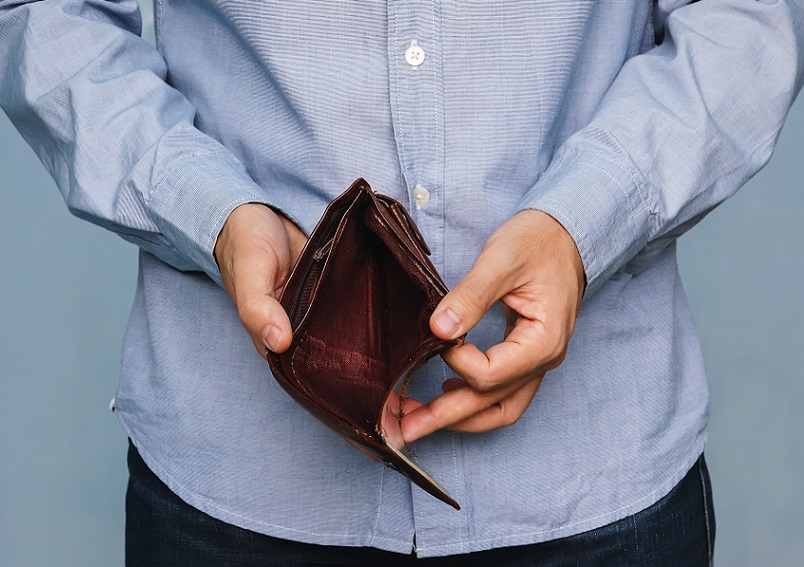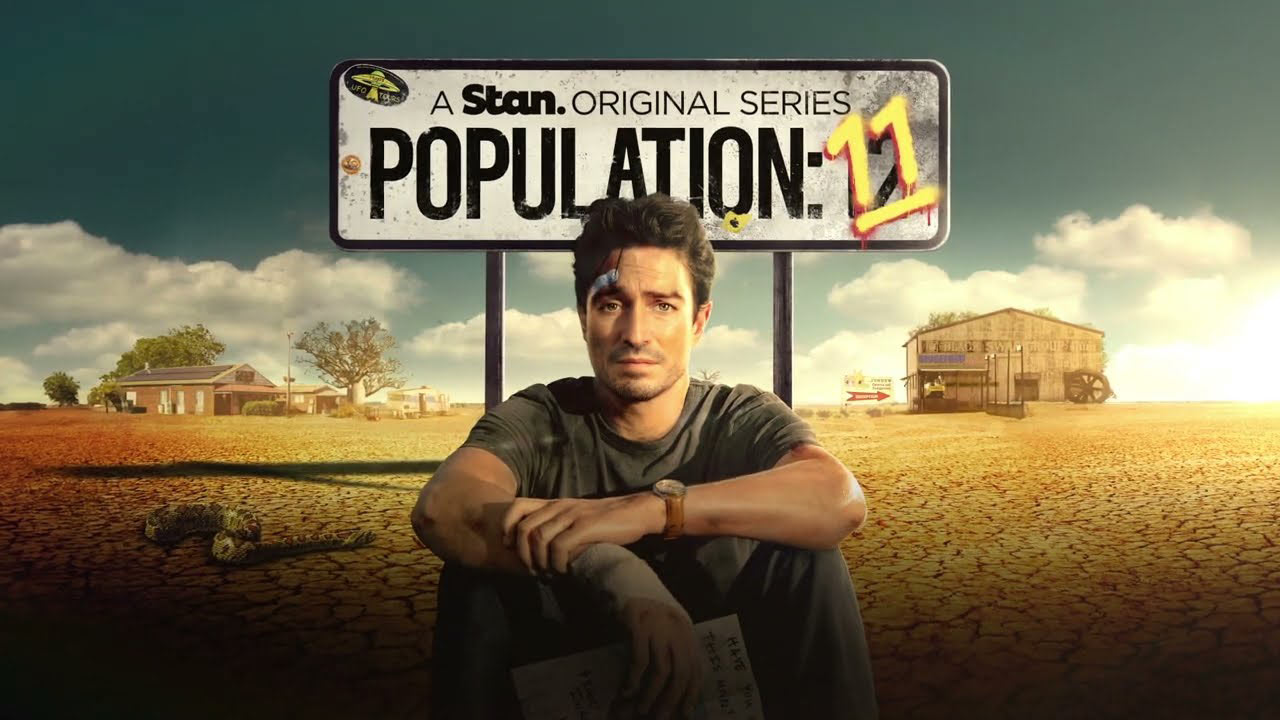Subscribe
If you are living with unmanageable debt, you may have a number of formal and informal options available to you. Of these options, bankruptcy is often thought of as the option of ‘last resort’. This is so because it has serious and long-lasting consequences. Bankruptcy can however offer a fresh start.
We summarise some of the good, the bad, and the ugly facts of bankruptcy that should be borne in mind by any person who is considering it.
The Good
Starting with the good, you will be discharged from paying the majority of your debts at the end of your bankruptcy period, which generally lasts for three years and one day.
While you are bankrupt, debt collectors and unsecured creditors will be prevented from taking action to recover unsecured debts in the Courts and the sheriff will be prevented from seizing goods to satisfy any judgment debt.
Some of your property will be protected. This generally includes ordinary clothing, most household furniture and effects, tools of trade, superannuation, motor vehicles valued at up to the threshold amount (currently $7,900.00), money received for personal injury compensation, and items of sentimental value.
Your income up to a certain threshold (currently $57,866.90 net tax) is also protected.
The Bad
However, bankruptcy does not discharge all debts. Debts that are not discharged include secured loans, HELP/HECS debts, fraudulent Centrelink debts, child support debts, court-imposed fines and penalties, and debts which arise after the date you become bankrupt.
Further, any valuables that are not protected will form part of your estate to be managed by your Trustee and they may be seized and sold by your trustee to pay back your debts. Importantly, any interest in real estate will be administered by your Trustee. This may result in your home being sold to pay your debts.
Likewise, any inheritances, gifts, or winnings will form part of your estate to be managed by your Trustee.
The Ugly
The fact that you are bankrupt will be a matter of public record and your name will be on the National Personal Insolvency Index (NPII) for the rest of your life.
Your credit report will record a bankruptcy for a minimum of five years and you will likely have difficulty obtaining credit.
You cannot travel overseas without the permission of your Trustee and you may be required to surrender your passport.
If you breach any of your bankruptcy obligations, your bankruptcy may be extended and you may be subject to penalties.
Bankruptcy can also affect employment opportunities and your entitlement to work in some professions. You will be unable to be the director of a company while bankrupt.
Any person considering bankruptcy should seek professional advice as to their options as soon as possible. marshalls+dent+wilmoth can provide you with strategic advice for dealing with unmanageable debt. We will work with you and your other professional advisors to determine the most appropriate way forward.
We can assist you with:
- Negotiations with creditors and debt agreements
- Personal Insolvency Agreements
- Applications to set aside a bankruptcy notice
- Defending a creditor’s petition
- Preparing a debtor’s petition and appointing a private Trustee in bankruptcy
Please do not hesitate to contact us on (03) 9670 5000 for any enquiries.
This article was written by Litigation Lawyer, Kieran Best.
DISCLAIMER: We accept no responsibility for any action taken after reading this article. It is intended as a guide only and is not a substitute for the expert legal advice you can get from marshalls+dent+wilmoth and other relevant experts.
Subscribe




